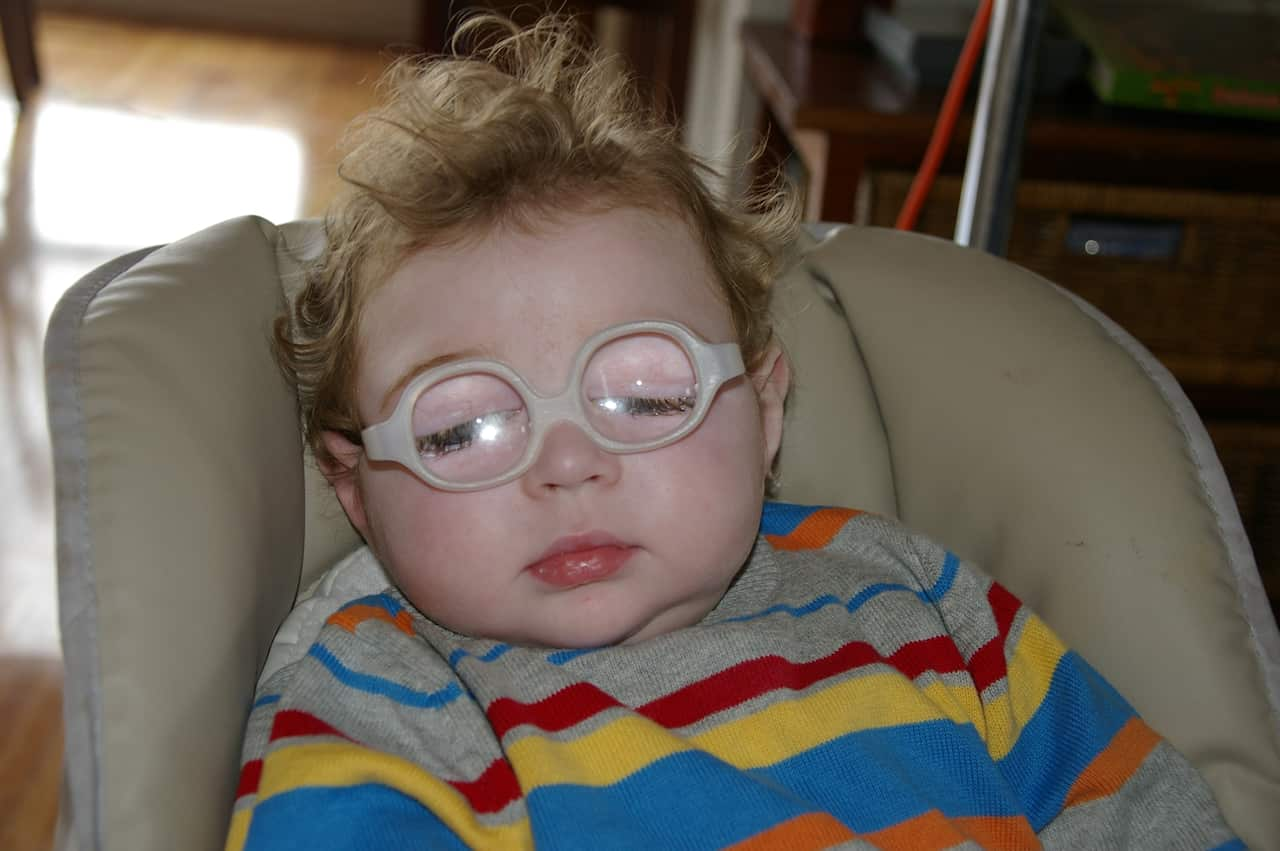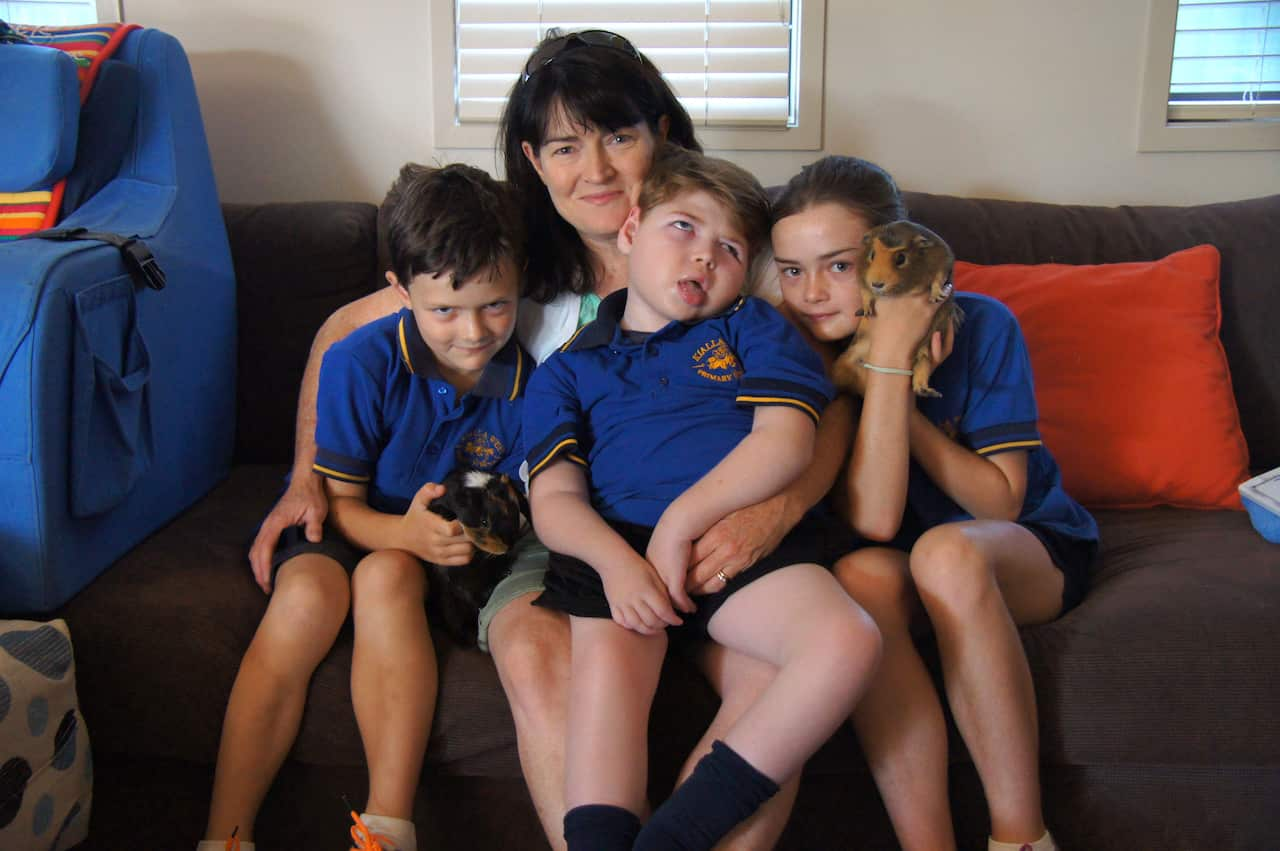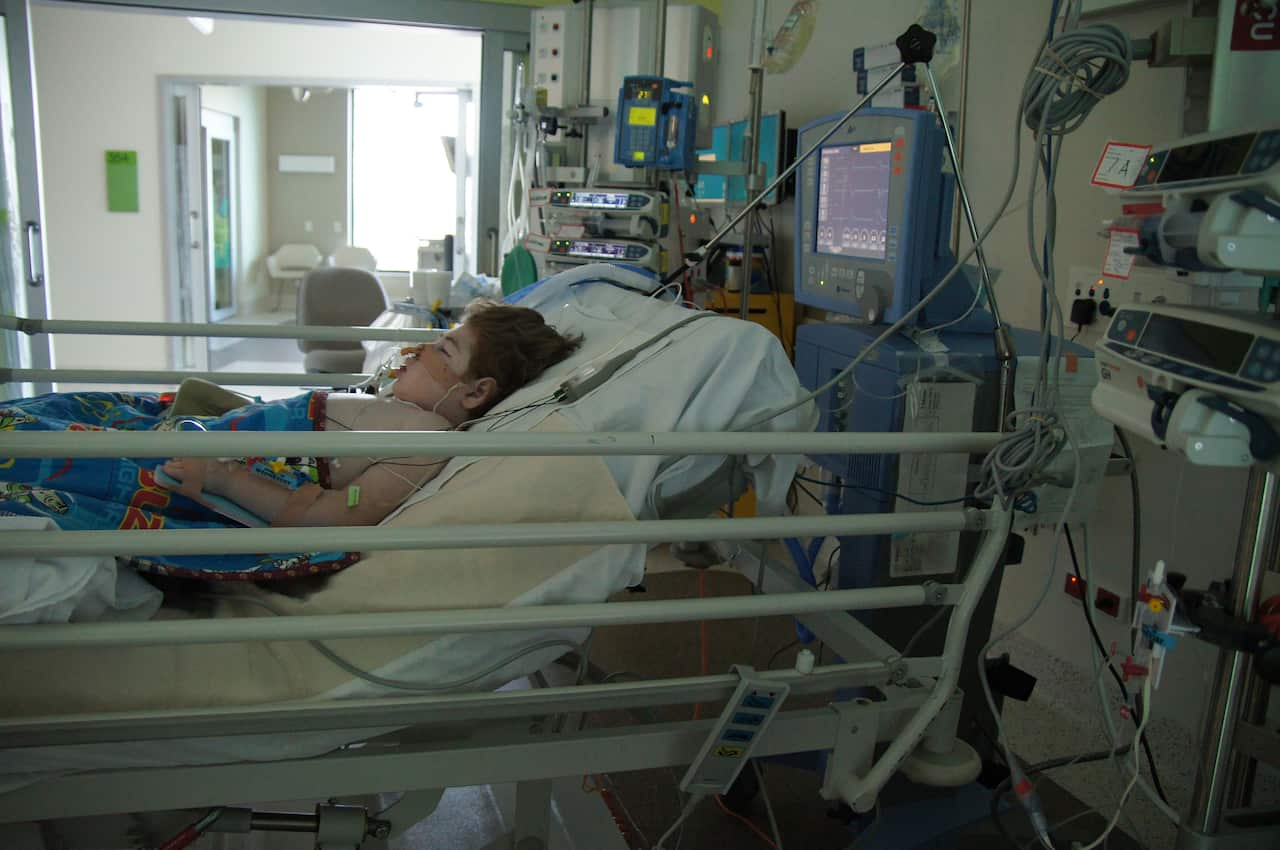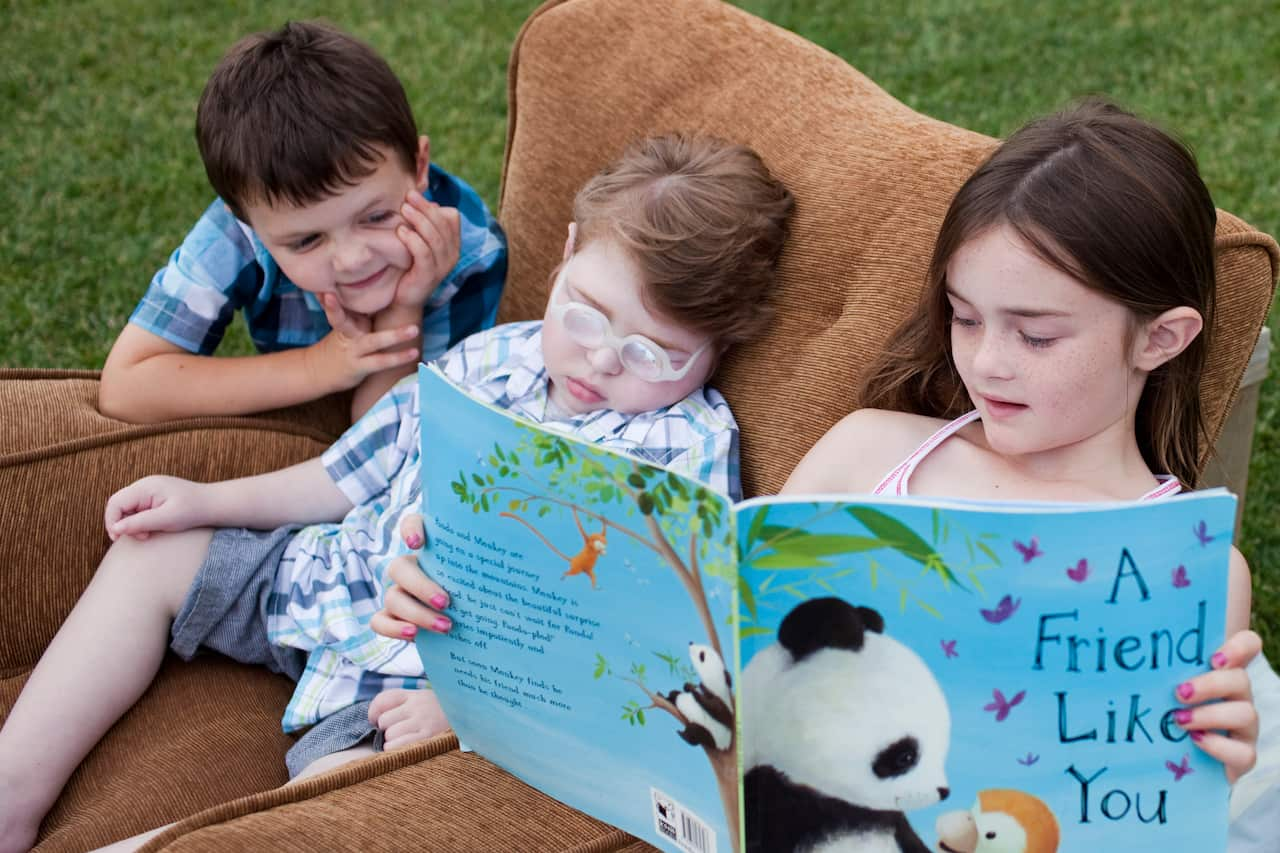When Henry was born, doctors told Jess Holmes he would never walk or talk.
He had a stroke in utero and was battling a long list of medical conditions including severe cataracts, cerebral palsy, epilepsy, scoliosis, dislocated right hip, glaucoma, asthma, severe respiratory illness and had to be tube fed.

On Tuesday's SBS Insight, Holmes explained how she decided to sign a do not resuscitate (DNR) order on behalf of her then three-year-old son. It was after the first time he was critically unwell and flown to intensive care.
"I actually for a second stepped back and forgot it was my child and watched the people do their thing … it was pretty full on, it was like an operating theatre to get him going."
While Henry's condition stabilised, Jess and her husband had a conversation with the intensive care specialists. They discussed Henry's future and what steps would be taken if his health was to deteriorate again.
"When that time comes, it's not about me, it's not about whether I'll cope with the grief of losing my child, it's about what's right for him and that was always our utmost priority."

Together with Henry's doctors, it was decided that CPR would severely diminish his quality of life, and the do-not-resuscitate order was signed.
Over the next three years Henry was rushed to hospital six times, requiring acute care. Each time his parents would let the doctors know, upon arrival, that their son was not to be resuscitated under any circumstances.
"It would be a relief to the doctor … it actually helped them so much in knowing the wishes of the family."
"When it gets to the point where you're going to be jumping on this little boy's chest … you just don't want to go down that path for a child like Henry."

Holmes said at no stage did she waiver from the choice and felt at peace once the do not resuscitate order was signed.
"I feel really good about it," she said.
Henry's last hospital admission was in December 2013 when blood results confirmed he was palliative. He was six years old.

"Then once we got him settled, turned the monitors off, we ended up having four days with him. We were all in the room, and Paul and I were holding his hand," Holmes said.
"I went over to him and I said well done little mate because I could not have asked any more of that little boy."
"Henry died beautifully. I think if every child can have a Henry Holmes ending that's what I'd wish for."
Jess Holmes spoke about her experience on SBS Insight’s "Do Not Resuscitate" episode. Catch up online here.
Insight is Australia's leading forum for debate and powerful first-person stories offering a unique perspective on the way we live. Read more about Insight
Have a story or comment? Contact Us


